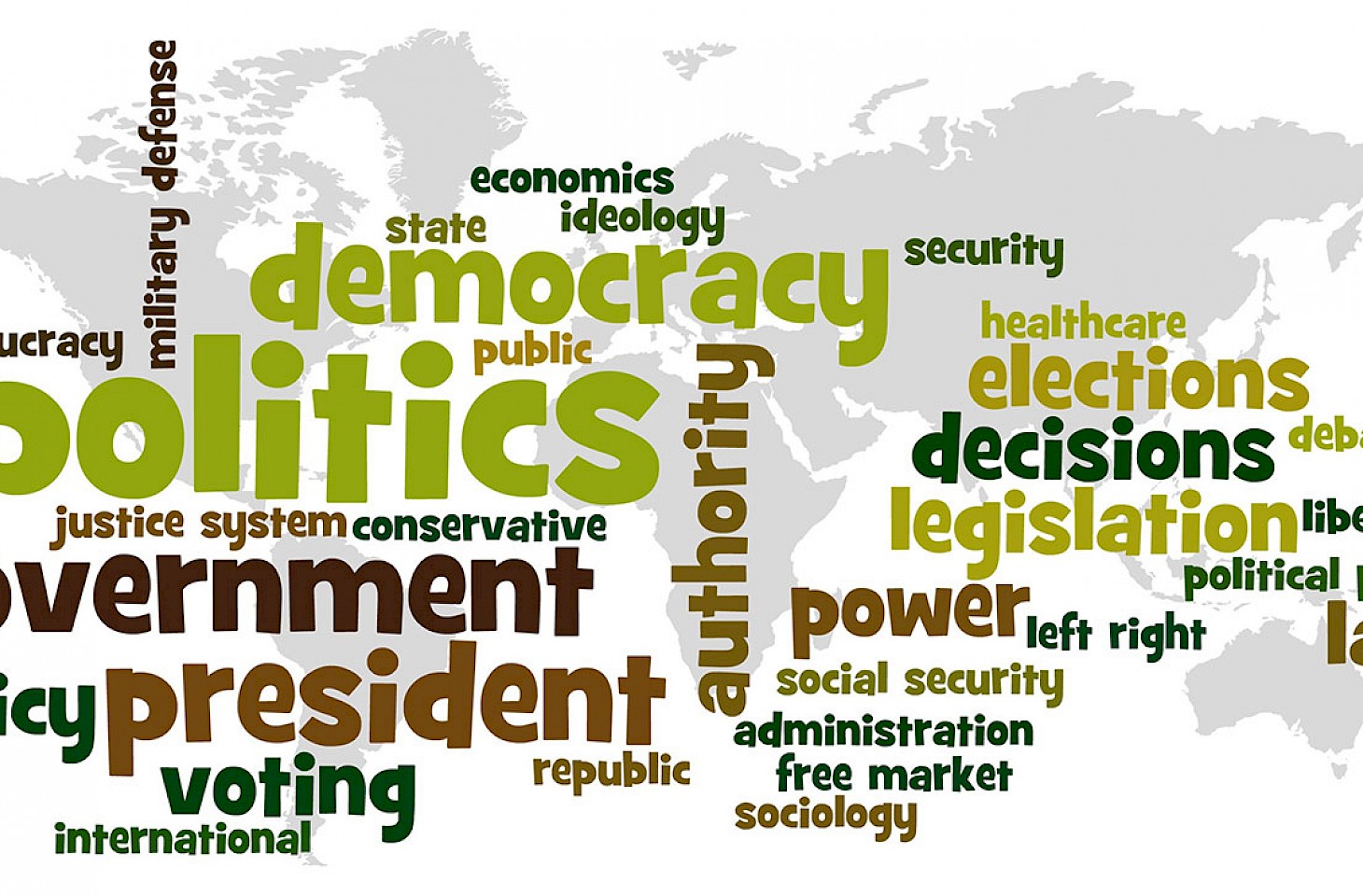Dear fellow travellers
Moldova is not a country that figures much in the European imagination. Tucked away in southeast Europe, Moldova contrives to be not-quite-Balkan and not-really-Danubian. The country boasts a minimalist connection with the Danube, abutting onto the river for no more than a few hundred metres. Not quite hitting the Black Sea either. Culturally and linguistically, Moldova defies definition. Yes, the Moldovan language is close to Romanian in sound, spirit and style but press a Moldovan to give a name to the language that she or he speaks, and the best they will come up with is limba nostra (our language).
To make Moldovan life all the more interesting, the country has a little slice of territory with secessionist aspirations. The thin strip of land beyond the Dniestr river is one of Europe's more intriguing quasi-states, a place that stresses its Slavic connections (using the Cyrillic alphabet and speaking Russian in the main). In Tiraspol, capital of the self-styled Transdniestr Republic, all eyes are on Kosovo and many advocates of Transdniestrian independence are questioning, not without reason, whether Kosovan autonomy creates a useful precedent for separatists in Transdniestr. As the Kosovo government is recognised by some western countries, the murmur on Tirapol's streets is "Why not us too?" Ripples from Kosovo may yet have effects elsewhere in Europe.
Of course the Dniestr valley is not just politics. Life goes on in villages on both banks of the river, and day to day worries about prices, health care and education transcend any debate on the political fallout from Kosovo. The Dniestr is a beautiful valley, lined by wonderful ancient fortresses which preside over the meandering river. That at Soroca is one of the finest. Its battlements and turrets served for centuries as a fortification to defend Moldova against invasion from the east.
Move downstream from Soroca along the Moldovan bank of the Dniestr (the river marks the border between Moldova proper and the Transdniestr Republic) for glimpses of ancient monasteries, some cut into the soft cliffs that line the valley. Three of the very best are at Saharna, Japca and Tipova. There are tiny villages surrounded by vineyards, farmsteads with livestock and lots of little workshops producing basketwork and wicker ware. Eventually the loops of the Dniestr become ever more lazy, and in the southeast tip of the country is the Lower Dniestr National Park, a fabulous area of wetlands and forests with whitewashed villages - places to linger over dishes with pork, polenta and vineleaves, washed down by the local deep red wines. The Dniestr is one of Europe's great rivers. It deserves to be remembered as more than just the boundary of the Transdniestr Republic.
For travellers who are wary about entering Transdniestr, much of the very best scenery and sights of the valley (including those fine castles and monasteries) are on the west bank of the river (so on the side still controlled by the Moldovan government in Chisinau). Moldova is easy to reach. The capital city of Chisinau is well served by direct flights from across Europe, and there is a daily overnight train to Chisinau from Bucharest. In 2007, Moldova dropped its visa requirement for citizens of the European Union. And, if you are tempted to cross the river into Transdniestr, be prepared for a flurry of bureaucracy as you buy an entry visa from the border guards of the self-styled statelet.


